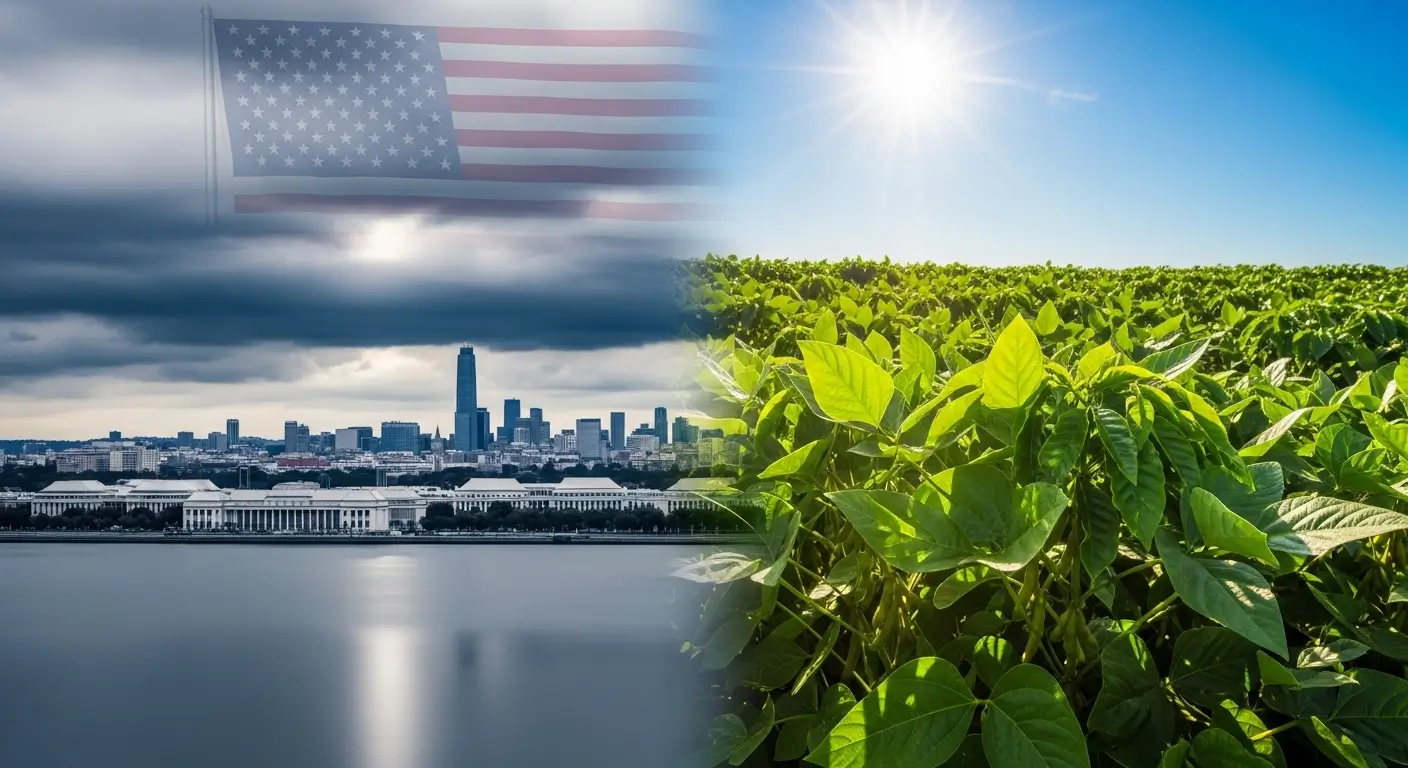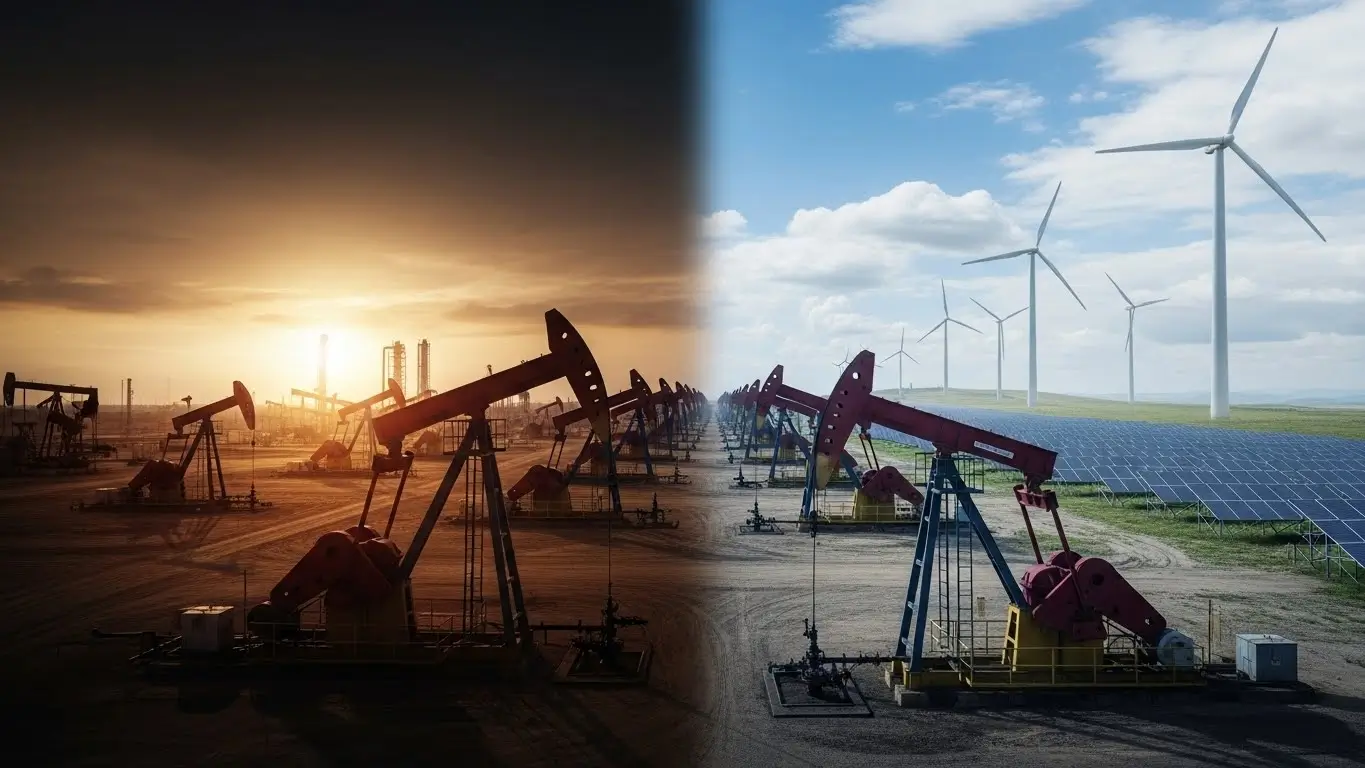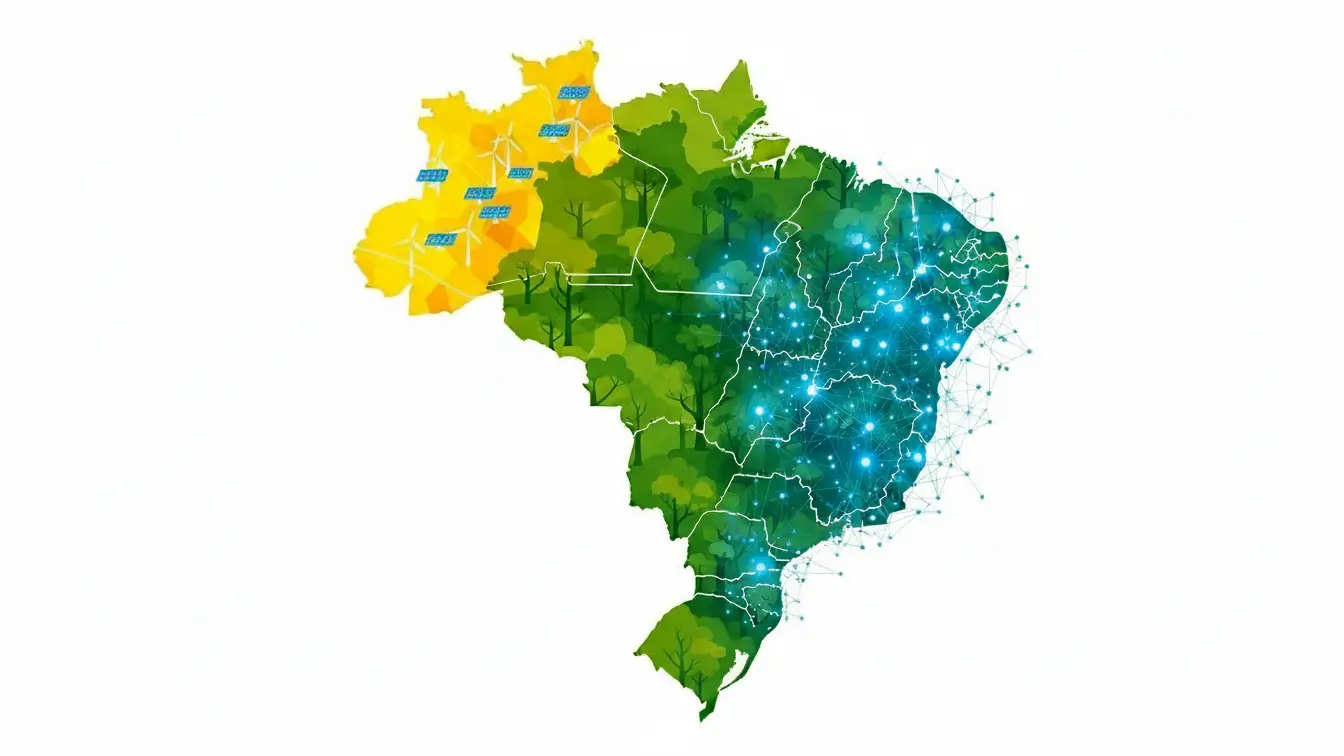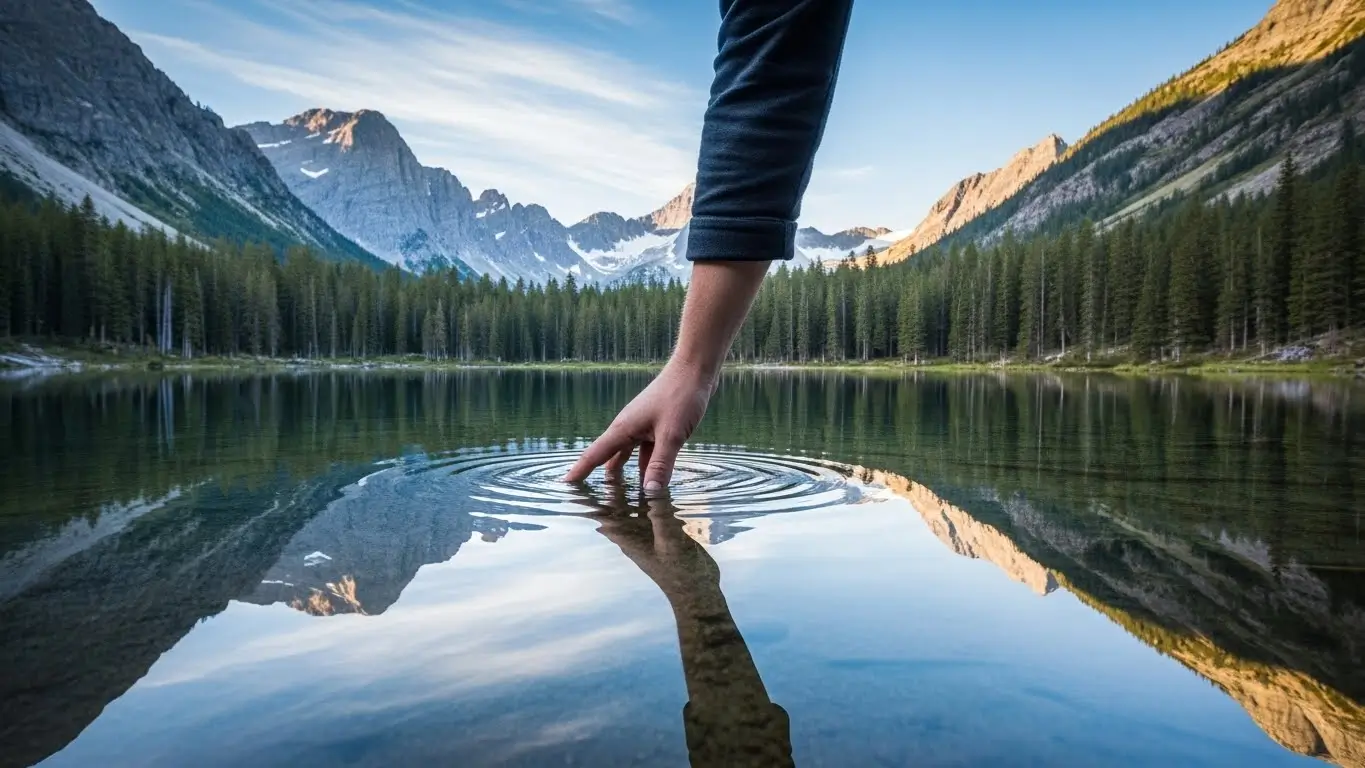The 52nd edition of the World Economic Forum, , held in Davos, Switzerland, took place from January 16 to 20, 2023, with the theme "Cooperation in a Fragmented World". Founded in 1971 as the European Management Symposium, the Forum was created with the purpose of gathering major European economists, investors and businessmen to discuss the effects of globalization and the mechanisms for companies on the continent to develop market techniques, such as those used in the United States. In 1974, the meeting received for the first time political leaders and started to discuss economic and social issues, and in 1987, the forum received its current name and broadened its vision of the world aiming at dialogue. Today, the Davos Forum is a non-profit organization that organizes annual meetings of the main business and political leaders, as well as selected intellectuals and journalists to discuss the most urgent issues facing the world.
This year, Brazil was represented by the Minister of the Environment, Marina Silva, and the Minister of Finance, Fernando Haddad. Soon after the opening of the event, Marina participated in the first public debate, entitled "In Harmony with Nature", and on Thursday (19), she took part in the panel "The Amazon at a Crossroads". Fernando Haddad participated in a debate on Tuesday (17), entitled "Brazil: a new roadmap" - which was also attended by Minister Marina - and another on Wednesday (18), which brought together several Latin American leaders to discuss how the region can come together to fulfill a common agenda for the future.
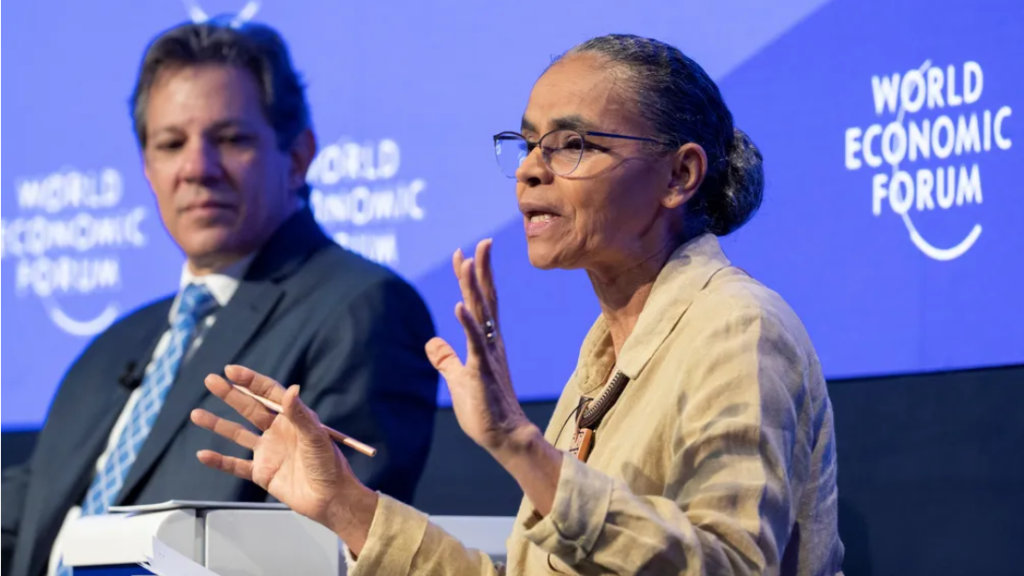
Davos is situated in the Swiss Alpsat an altitude of 1,560 meters and is the highest city on the European continent. It is one of the greatest regions in Europe for snow sports and this year, on the eve of the World Forum, the main question was whether there would be enough snow for skiing. And not without reason: temperatures are above normal for winter in January, the snow has disappeared and been replaced by trees and dry grass. As the dark foliage absorbs the sun's heat, which was previously reflected by the white snow, this causes more heating and creates a vicious circle of rising temperatures.
In Davos is located a weather station with the longest series of daily data of snow depth at high altitude. These data show that, compared with 1971, the snow cover has decreased by more than 40 percent on average. However, climate did not enter the agenda until the 2014 Forum. This year more than a third of the discussions on the official agenda were linked to climate change, reflecting the growing concern about the topic. And not without reason.
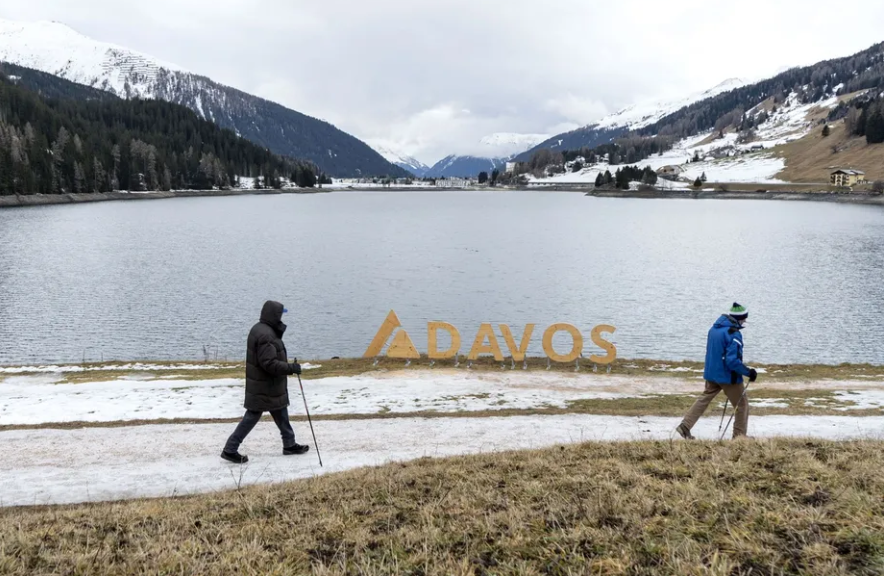
In Brazil, in the period from January 1 to January 11 this year, Belo Horizonte received 260 mm of rain, Rio de Janeiro 108.2 mm, Salvador 87.6 mm, and São Paulo 86 mm. These volumes represented more than 78.5% of the historical average rainfall in January in Belo Horizonte; 78.9% of the average in Rio de Janeiro; and 113.9% of the historical average in Salvador. In São Paulo, the amount of rainfall remained within the expected, but the drop in temperatures hit a record, reaching 23.9 °C of average maximum temperatures. Since 1965, when 23.8 °C was recorded, such a low value had not been registered. Moreover, several studies show that the populations on the outskirts of the cities, as well as those whose rights have historically been violated, such as quilombolas (descendants of runaway slaves), indigenous peoples, fishing populations, and rural populations, are the most affected by floods, inundations, and landslides. The study "Environmental racism and socio-environmental justice in the cities", published in July 2022 by the Pólis Institute and focused on the cities of São Paulo, Belém, and Recife, points out that the people most exposed to floods, inundations, and landslides caused by the increase in extreme events, such as heavy rains, are black, of low income, and inhabit peripheral regions, especially mothers who are heads of families, the term coined for this fact is environmental racism.
So while it may seem paradoxical that billionaires and very rich countries - often accused of causing the world's biggest problems - should get together to discuss ways to solve them, the initiative is promising. Perhaps the high temperatures in Davos this year have shown the participants of the event the reality of global warming.


